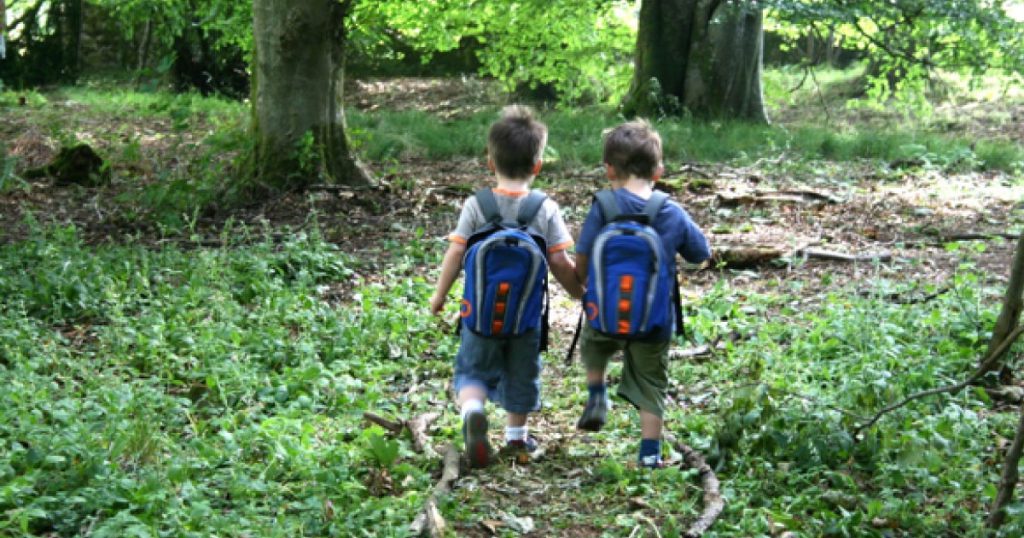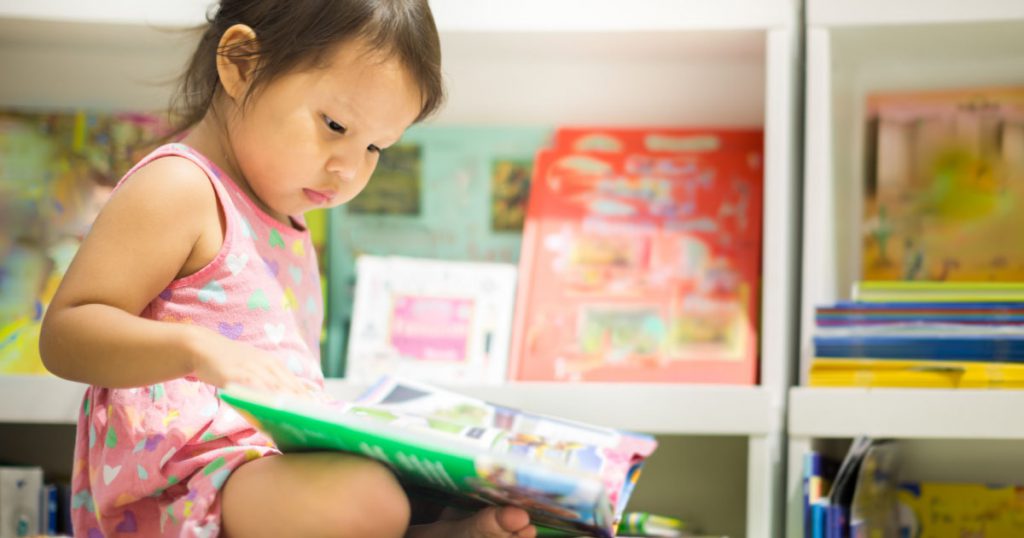You may be at a stage in your teaching career where you are thinking about mentoring a student teacher. When I was a student teacher I had some amazing supervising teachers that absolutely set me up for success at the beginning of my career. I have heard some not-so-good stories where a negative experience during prac has ended in the student teacher quitting their teaching degree! The impact that supervising teachers can have on a student teacher’s teaching career is massive.
It was always such a rewarding experience for me and I loved watching my student teachers develop and grow into their own teaching skin. But, some preparation beforehand can ensure that it is a great experience for both of you.

Shutterstock.com / fizkes
10 Tips for Mentoring a Student Teacher
(1) Casual Catch Up
Once you have made contact with your new student teacher, organise an informal catch-up over coffee or tea. Meeting in the classroom one afternoon when there won’t be any interruptions is a nice idea. This provides a space to talk about a number of things, in particular, expectations of the experience for both you and your student. There may be some university paperwork that needs to be discussed, as well as what the university expects at the end of the prac – it’s usually a reflection document or similar. Also, there may be some school policies that you will need to discuss with your student. Finally, take some time to get to know your student teacher, it helps to create that relationship with them (just like your little students!).
Is this their first Prac? What subjects have they enjoyed at university? Do they have any hobbies? I once had a student teacher who played the guitar and I suggested she use that skill in the classroom!
(2) Expectations are Key
Setting clear and achievable expectations at the very start of your student teacher’s prac is paramount to their success. What are the non-negotiables for you while they are in your classroom? What time do you expect them to be at school, what is the appropriate attire, are there rules about wide-brim hats to be worn during playground duty – all of these things that come as second nature to you may not necessarily be obvious to a student teacher.
Also, give them time to talk about their expectations of the experience. What do they want to get out of it? Are there any particular experiences they wish to be involved in, like school camps etc.?

Shutterstock.com / peterschreiber.media
(3) Use Observation Time Wisely
Most universities will outline the number of hours your student teacher needs to be teaching, as well as the number of observation hours. The observation hours are crucial to the success of the prac. This a chance for the student teacher to observe the students in the class, what routines and procedures work, and more importantly, learn from you! This is gold for a student teacher – we all know that you learn more in your pracs than you do in the four years of academic studying!
I would always do a debrief at the end of the day (even during observation week). This allowed my student teacher time to ask questions, but also allowed me to model how important it is to reflect on the day, what worked well, what could I have done better, etc.

Shutterstock.com / Monkey Business Images
(4) Be Humble
This is one thing I think supervising teachers forget to think about. Making it clear that even as experienced teachers, we are still reflecting on our own practice and that we are fallible is just as powerful as allowing your student teacher to observe an amazing lesson delivery. Even the most experienced and amazing teachers have not-so-good days – be open and honest and talk about how you reflect and move forward – a powerful skill for your student teacher to acquire.
(5) Be Honest and Fair with Feedback
When providing feedback to your student teacher, it’s important it is timely, honest and fair. As experienced teachers, we know the importance of providing feedback to our little learners as much as possible, both positive and constructive. When your student teacher steps into the role of the teacher in your classroom, have a daily wrap-up. Encourage your student teacher to firstly reflect on how they think it went and what they would have changed to make it even better. You’ll often find that what you want to discuss already comes up in their reflection, and if it doesn’t, then it’s an opportunity to provide this constructive feedback, but also talk about their strengths and what went well.

Shutterstock.com / fizkes
(6) Be Open-Minded
During the ten or so student teachers that I had, I quickly realised the importance of being open-minded. There were many occasions where a student teacher introduced a new classroom routine during their prac, and it worked so well that I continued that once they had finished.
Whilst they may observe you and follow routines that work in your classroom with your students, it’s important to encourage their creativity and new fresh ideas. Perhaps they have a better idea for how we could easily differentiate a maths lesson. Or, perhaps they had another way to manage behaviour that I hadn’t heard of before.
Let them find their own teaching style while observing yours.
(7) Reflect on YOUR Own Prac
I would always close my eyes and think back to how I felt during my teaching pracs. Whilst I had the most amazing experience – I was so nervous – It is so daunting and nothing at uni can prepare you for what it’s like in the ‘real world’ of teaching. Your student teacher will most likely have an additional uni assignment they will have to do on top of their prac. Make sure you are aware of what the university is requiring them to do to try and limit stress.
Be kind. Be patient. And do what you do best – guide and support.

Shutterstock.com / DGLimages
(8) Take Some Training
If you are looking for even more in-depth guidance, a teacher from our Facebook Group – Teacher Talk let us know about this fantastic online training program that you can take when you are becoming a supervising teacher for the first time through the Australian Institute for Teaching and School Leadership.
(9) Be Mindful of Health and Wellbeing
We know teaching is hard work. Remember to have a laugh with your student teacher. If you feel the need for a break from the classroom and school grounds after school one day, why not ask your student teacher to bring their sneakers and you guys can go for a walk while you debrief about the day. Change it up!
Constantly check-in and ask if they have any concerns or worries.

Shutterstock.com / Antonio Guillem
(10) Communication is Vital
Above all else – open communication is the most important aspect of mentoring a student teacher.
Communicating with them about their planning, debriefing each and every day and constant check-ins to see how they are going will inevitably make them feel more and more at ease to communicate how they are going and any questions they may have with you.

Shutterstock.com / fizkes
We’d love to hear from you – continue this conversation in our Facebook Group – Teacher Talk.
The post You’re Mentoring a Student Teacher… Now What? appeared first on Teach Starter.



